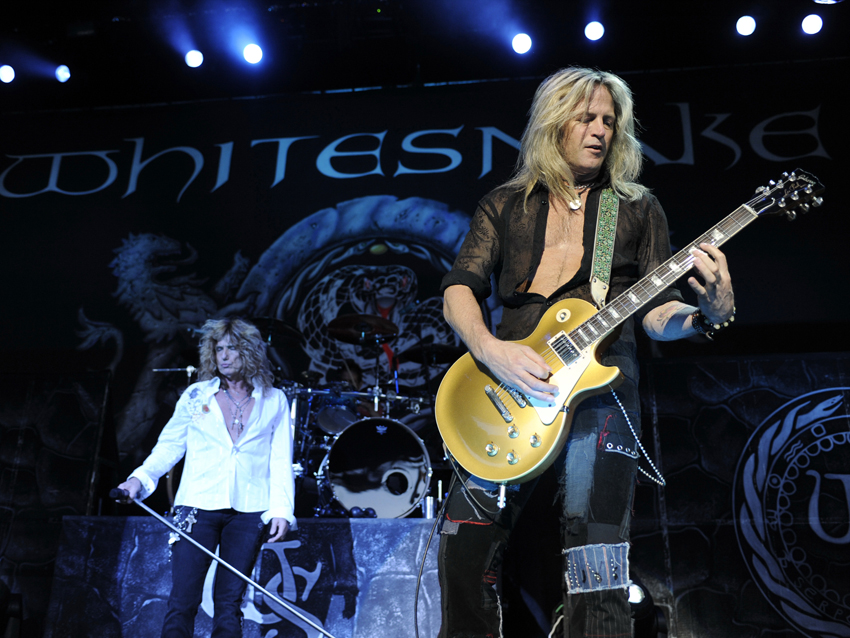40 ways to write better songs
Get on the path to prolific songwriting
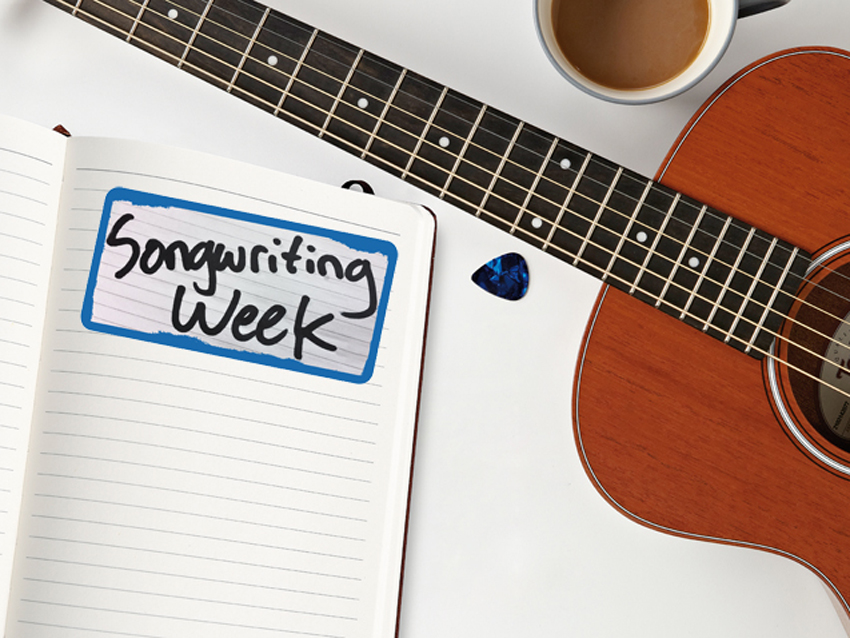
40 ways to write better songs
SONGWRITING WEEK: You don't have to be a music theory wizard to write a decent tune. If you can play the guitar, with a bit of inspiration and effort, you can write a song right now. With these tips, we'll get you started on the path to prolific songwriting...
ANYONE can write a song. You might not be songwriting yet, but you already have everything you need to get started: your mind, your guitar and MusicRadar.
Songwriting is a separate skill in itself. It utilises all your knowledge of melody, chords and rhythm to build something original and emotional. It's the ultimate creative statement for you and your guitar.
Abd even if you're already writing songs - for yourself or your band - you probably know all too well about how the dreaded writer's block can strike.
That unfinished verse? The chorus that doesn't go anywhere? The elusive hook that'll turn your composition from average to a memorable tune? They're just notes, and they already exist. You just have to find them.
We're here to help out all you budding songwriters with our collection of very different ways to write better songs...
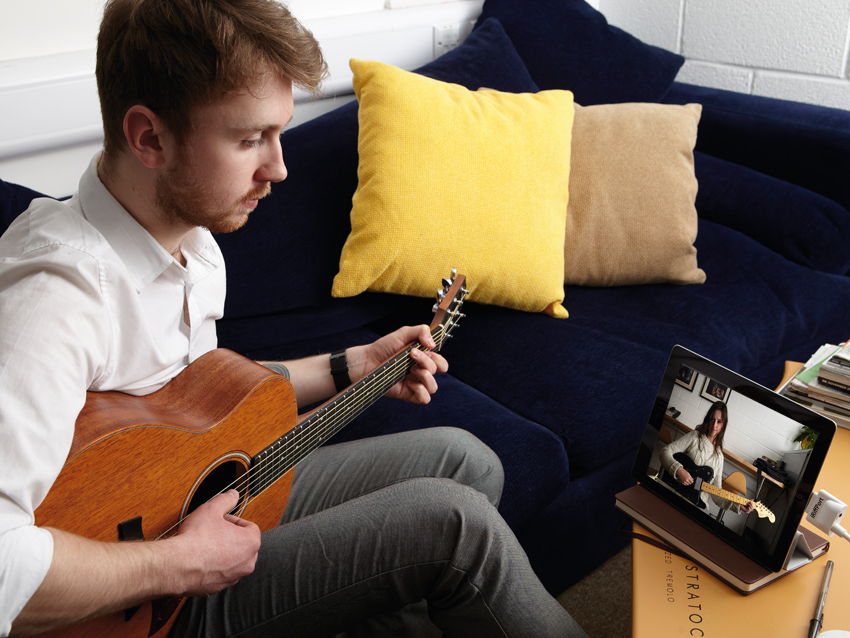
Learn The Terminology
Breakdown
Usually occurring around two thirds of the way through a song, prior to the final chorus, a breakdown sees the musical accompaniment stripped back to simpler rhythmic elements, often with a half time feel, functioning as a dynamic breather before the song's climax.
Bridge
A passage that links the verse and chorus and acts as a transition between the two, a bridge is sometimes referred to as a pre-chorus. A great bridge builds anticipation and intensity.
Chorus
The central focus and theme of a song, its calling card and emotional apex. Usually based on the repetition of a simple, direct vocal hook, a catchy chorus is the most important part of any commercially minded song. Use your chorus to make your statement, then explore it within the verses.
Hook
The proverbial ear-worm, a hook is an intentionally repeated musical phrase designed to catch the listener's attention. Although a song's main hook is usually its chorus melody, there's no reason why it can't be a guitar riff or any other musical motif.
Middle Eight
A distinct "section" of a song, classically but not strictly eight bars in length, the middle eight breaks up the conventional verse/chorus or verse/bridge/chorus pop song structure by shifting gears in terms of the narrative and chord progression. NB: Some people use "bridge" and "middle eight" interchangeably.
Verse
Usually a grouping of two or more lines with a set pattern of meter and rhyme - think stanzas, poetry students! Also, the verse often has a narrative storytelling function.

Use Your Phone
Inspiration doesn't work to the clock. If an idea for a melody, rhythm or chord progression strikes and you need to capture if fast, the answer is in your pocket.
Most mobile phones have the ability to record audio. You might find it becomes the missing link between inspiration and a finished song, so keep recording all those ideas wherever and whenever they arise.
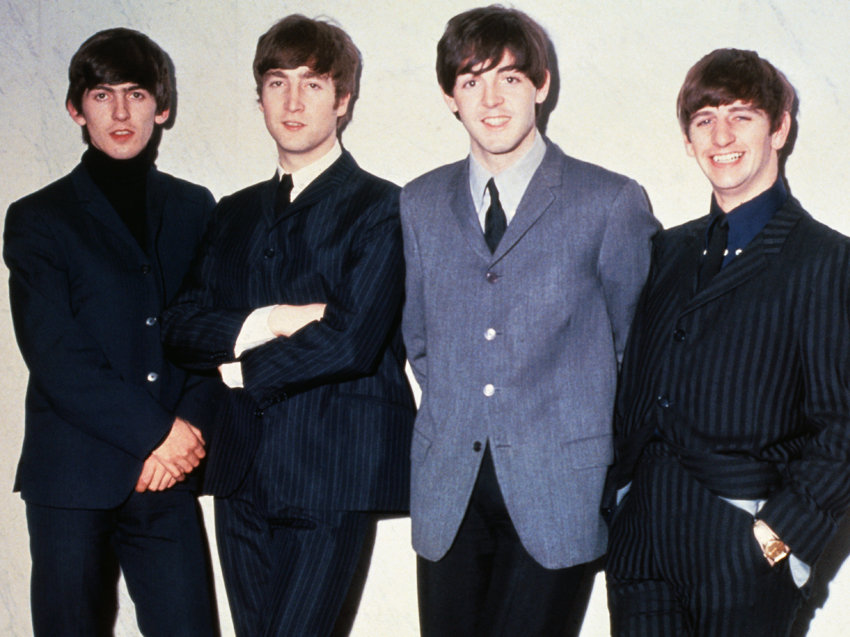
If You Can't Remember Your Ideas, They're No Good
The 'record every idea you have' rule is all very well, but there's also another school of thought.
Let Paul McCartney explain about how he and Mr Lennon worked: "I don't think I had a Dictaphone. I don't think they even had Dictaphones then, but the rule was: if you can't remember them, they're no good, and it's actually a very good rule!"
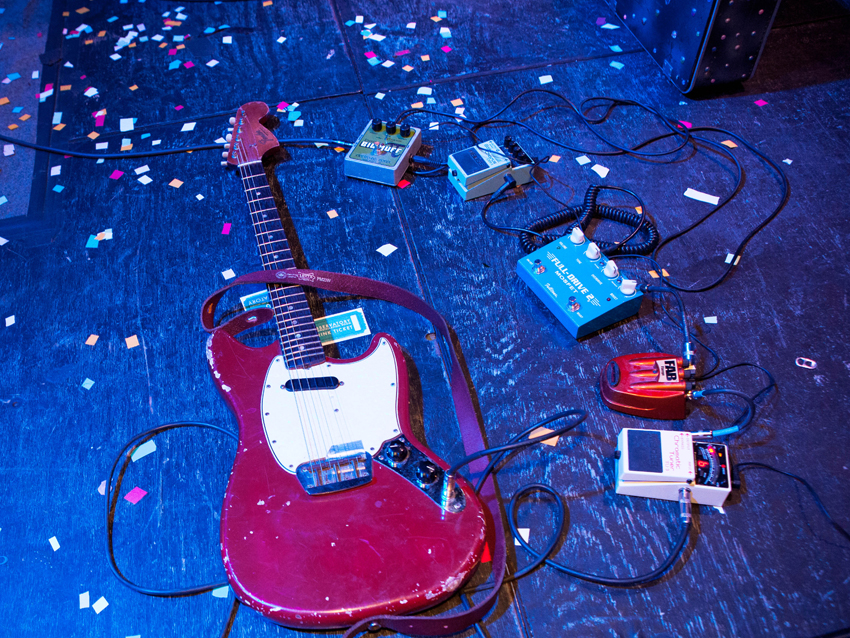
Use Your Effects
This is great if you always reach for the same shapes and sounds. Try plugging into your effects pedals or amp software when you're writing.
You'll be surprised how you can come up with parts that are directly inspired by time/rhythmic effects such as delay, tremolo or phaser. Using effects to stimulate creativity works for Rage Against The Machine's Tom Morello and The Edge, so try it yourself.
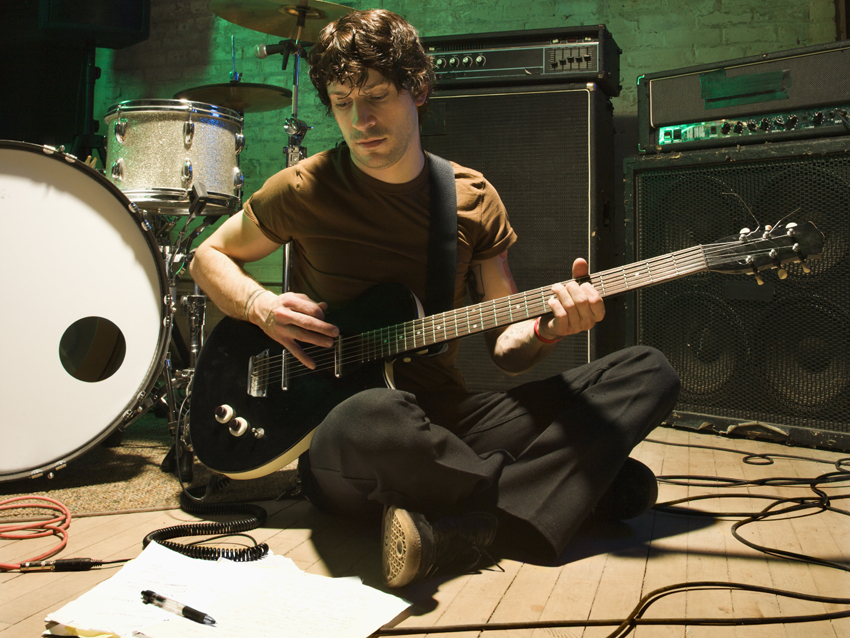
Go Environmentally Friendly
Your environment can either inspire or stifle you. Shut the cat out, turn the TV off and get yourself comfortable.
You want to find a place where you'll won't feel self-conscious or get interrupted. If that means taking your acoustic outside, cranking your amp in the garage or simply playing through an amp modeller and a set of headphones to block out the rest of the world, just do it!

Get A Room!
Playing your guitar in different rooms in your house will affect the way it sounds, and may unlock new songwriting ideas.
Take your bathroom as an example. Tiles make for an excellent echo chamber, which can suddenly make your arpeggiated acoustic verses sound even more dramatic – and even give you that push to write the chorus. No wonder Paul Simon wrote the haunting Simon & Garfunkel classic The Sound Of Silence in the loo..
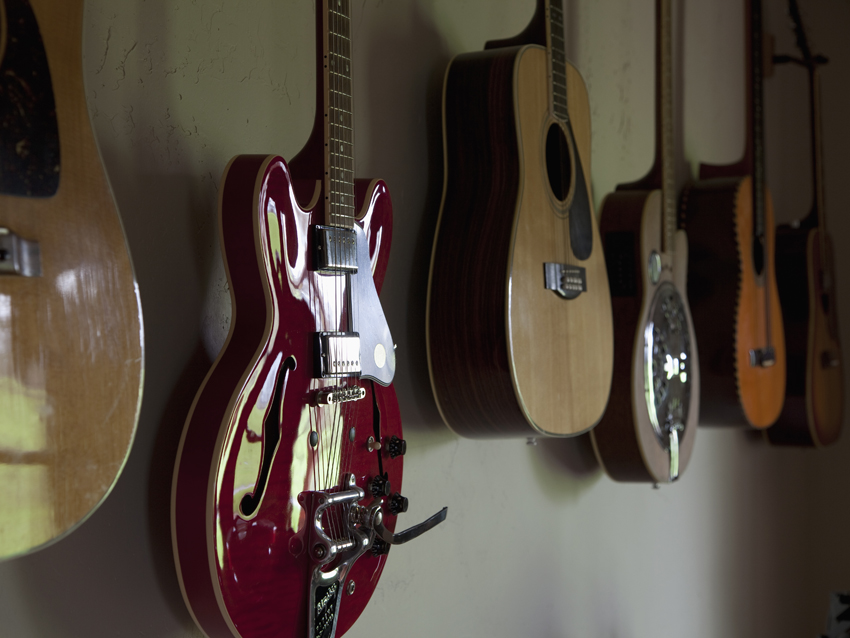
Change Guitars
Different types of guitar make you play in a certain way. When we pick up our office SG, the first thing we do is start riffing, but if a parlour guitar is around we'll be fingerpicking in no time.
One of your guitars may become a long-time writing partner. You've heard the phrase "this guitar has a lot of songs in it," let instinct drive you: if you feel like a new instrument will inspire you to write, buy it!
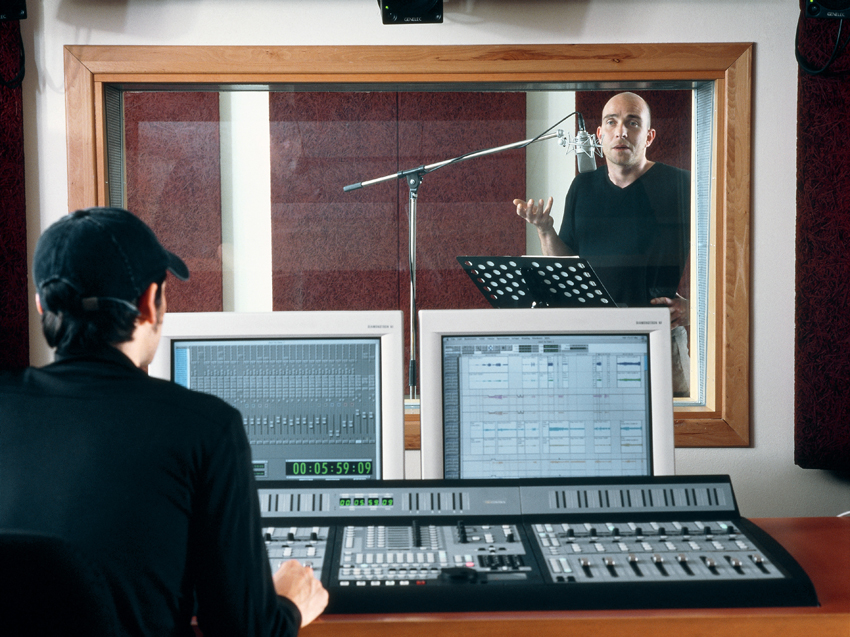
Record As You Write
You need to finish a song before you start recording, right? Wrong. Many big hits have been written in the studio, but you don't need to fork out for it.
If you have something you think could be a keeper - a chord progression, riff, vocal hook - start recording and arranging music around it. You'll be surprised how it can push you on to a full-formed song and to try ideas you wouldn't have otherwise.

Start With What You Know
No-one knows you better than you know yourself. Stuck for ideas? Look to your experience.
Andy Brown, singer-songwriter of pop quartet Lawson took advice from mega- pop writer and producer Gary Barlow: "I did a songwriting session with Gary Barlow and he gave me a lot of advice. He said that as long as you're writing music from your heart, it means something to you and it's real, then that's the main thing. I think that's why artists like Adele and Ed Sheeran do so well, because you can tell it's come from personal experience."
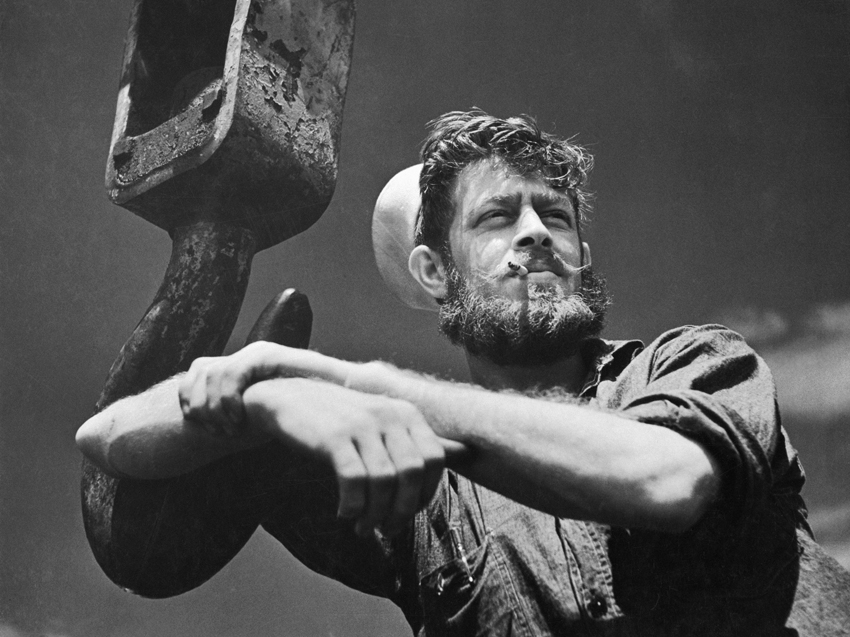
Start With A Hook
It's possible to create a whole song from a simple vocal hook.
You'll be surprised where they come from: headlines, quotes - even the stuff your mates say in the pub - can make a great hook. Think about the rhythm of the phrase based on its syllabic content and try different melodies with it until you find one you like. Try this before you even pick up a guitar.
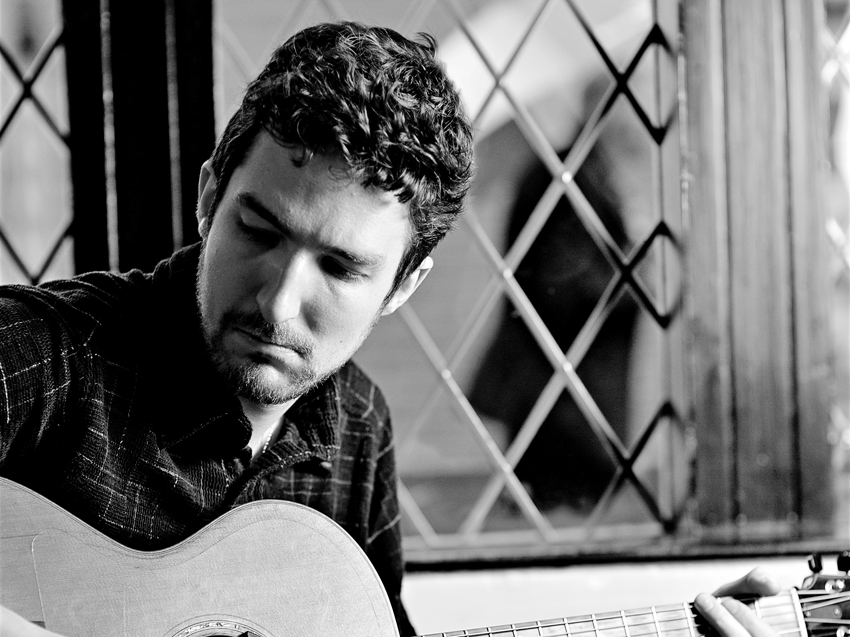
Talk To Frank
Acoustic troubadour Frank Turner's advice for songwriting successGet In A Writing Mindset
"I listen to a lot of music and I read a lot of poetry, but generally I think you should just keep your ears open for new sounds and new ideas."
Write On The Piano
"If you come up with a melody and a nice chord progression on a piano and take that back to a guitar, that’s a nice way of breaking out of habit and coming up with something fresh."
Strive For Greatness
"Always believe the next song will be the best you've ever written. Make yourself sit down and write loads of songs - even if you think they suck, finish them then start writing another. Sooner or later you'll figure out what you're good at and what direction you should be heading in."
Songcraft
With the bare-bones ideas for your song's parts captured, it's time to start adding the meat. Tempo, instrumentation and arrangement will radically shape the final product.

Write For The Song, Not For Guitar Players
If you want to be a successful songwriter, being too flash or introducing deliberate complexity will alienate many mainstream listeners. Just because you can, doesn't mean you should.
If a song is any one thing, it's about making a connection between you and a listener, and that doesn't necessarily mean you showing off all your chops.

Steamroll Through
If you hit a wall and are being held up by missing lyrics, or a bridge and middle eight, work on another part of the song and come back to the challenging bit. Don't let it derail the whole thing. As Paul McCartney once said: "If you ever get a block, just steamroll through it and fix it later."

Leave Space
Tim McIlrath, Rise Against: "Sometimes, the best thing you play is the thing that you don't play. Sometimes, you need to stop and let everybody else play - it helps parts come in and out better. When something kicks in, it kicks in harder if you've dropped out of the whole previous measure."
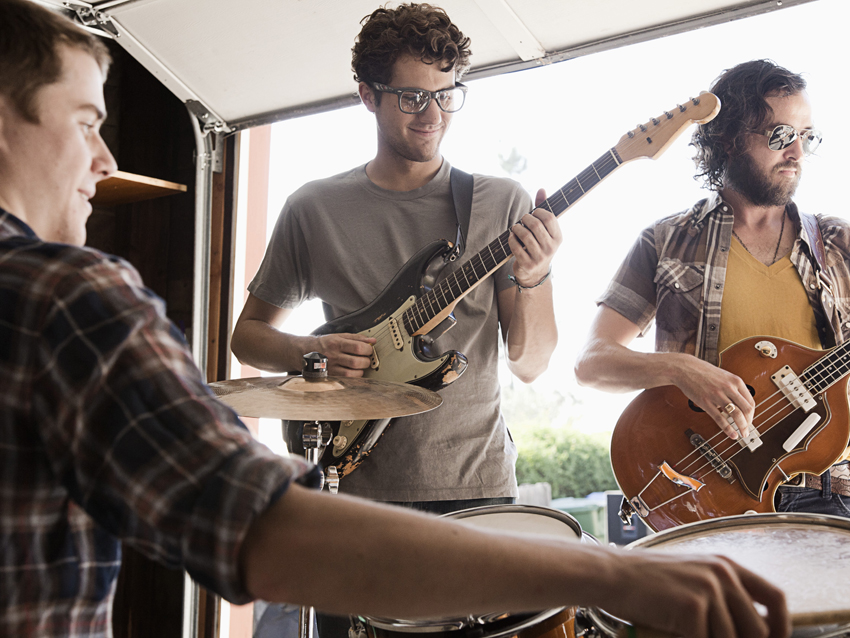
Work With Your Band
Stone Gossard, Pearl Jam/ Brad: "Encourage others to get in the mix and really make it participatory. Over the long run, it's to your advantage as a band to have for everyone feeling that sense of songwriting and ownership of it because it will make them better players on your songs or other people's songs."
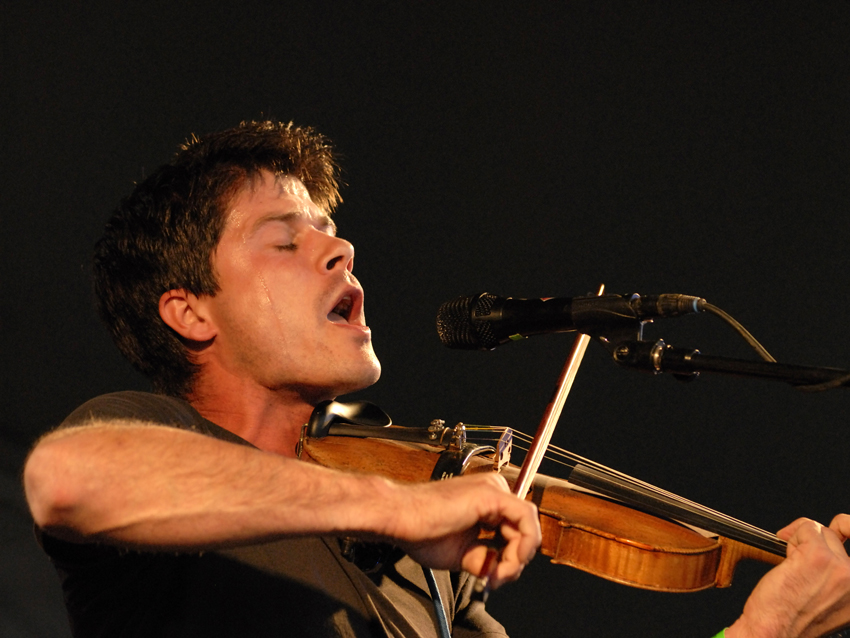
Do A Road Test
As Seth Lakeman says: "As soon as you introduce other people playing [your songs] live and join in with their ideas, it can immediately take a different direction. You never know!‚"
He's right: sometimes the best test for the power of your song is to gauge how it goes down live, and getting your band involved on stage will likely lead you to change certain parts, and affect the way that you and your band approach it before you reach the recording stage.
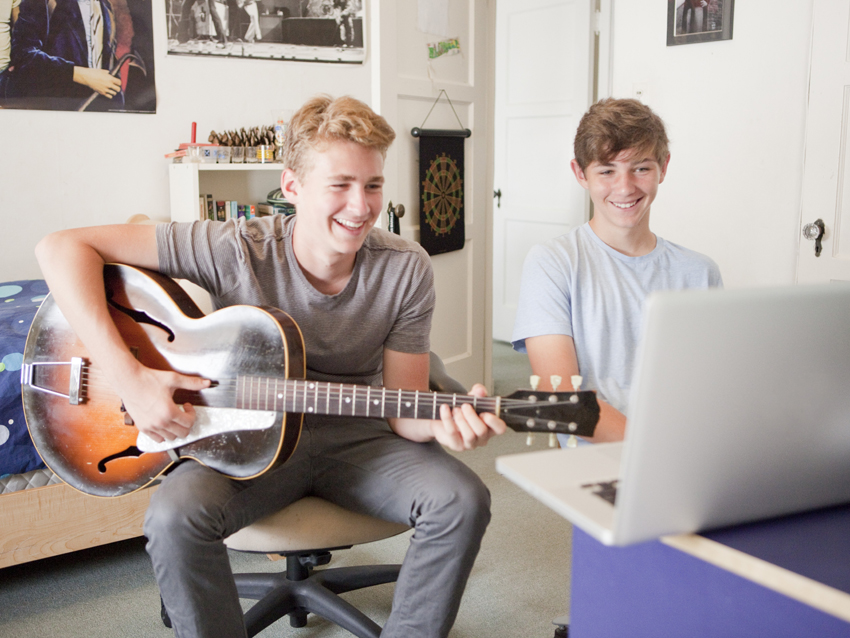
Collaborate Online
Distance is no obstacle when you're writing with others.
Try Skype and FaceTime for live collaboration, or you can send your recording files back and forth, as Guthrie Govan does with his band, The Aristocrats: "It'd be things like, "Hi, I'm in a Travelodge. I've got to check out in 20 minutes. I hope the Wi-Fi is fast enough to send this mp3 to you guys. See you in the studio next week!"
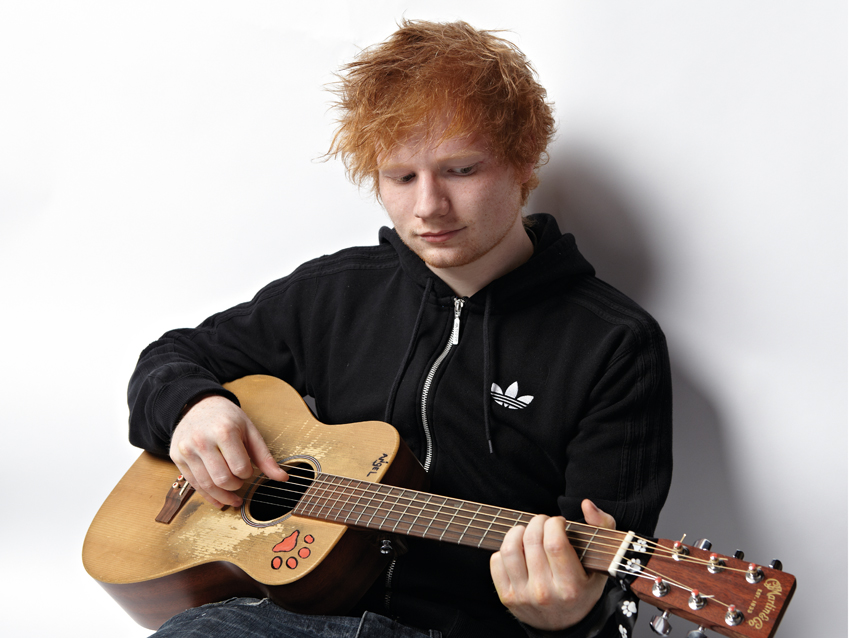
Make It Easy On Yourself
Ed Sheeran: "When you start writing your own songs, for the first songs you write, you use other people's chords and melodies. If you are 11 years old, you're allowed to plagiarise! The first song that I wrote was basically a Green Day chord sequence that was quite a simple thing to play."
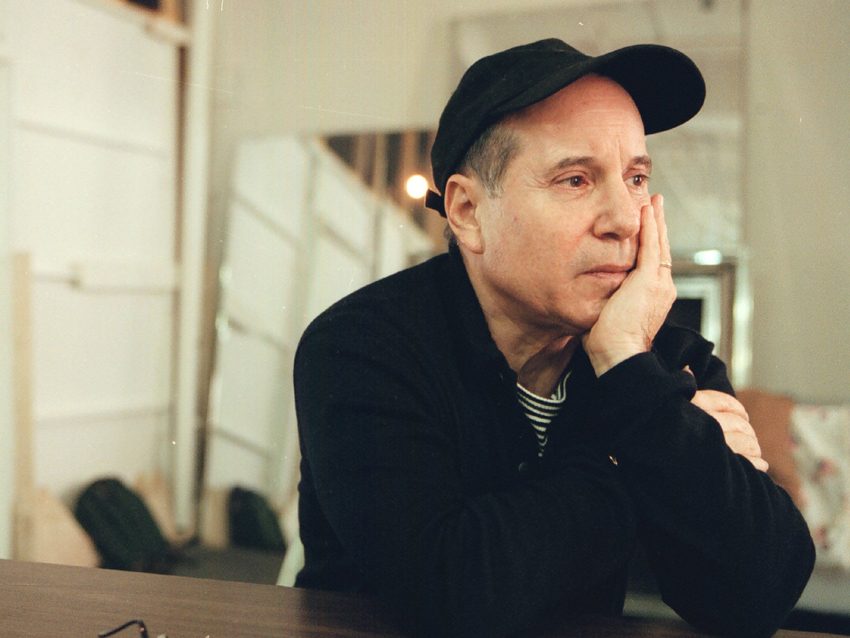
Beware Of Repetition
When it comes to pleasing your audience, think outside the music industry.
As Paul Simon has noted: "The same principle holds true in comedy. If you establish some kind of pattern, and you do it twice, it reinforces it. By the third time you have to change it. You can't repeat something three times - it's not funny. Once you hear something twice, you've got it. By the third time you have to alter it for it to be fresh."

Take It To The Bridge
A song doesn't have to have a bridge, but it can be a great way of building anticipation for a big chorus (Smells Like Teen Spirit's "Hello/How Low", for example) or linking melodies that would have a hard time flowing together without it (such as Weezer's Buddy Holly). They can be the secret weapon of a hit song.

Work With What You Have
Deathcab For Cutie/The Postal Service's Ben Gibbard is a fan of the built-in mic on his MacBook, and a song he recorded through it straight into GarageBand even made it onto his debut solo album:
"I'm not going to say it sounds better than something out of a studio, but I love the way that microphone sounds for singing and playing guitar - it's really midrange-y."
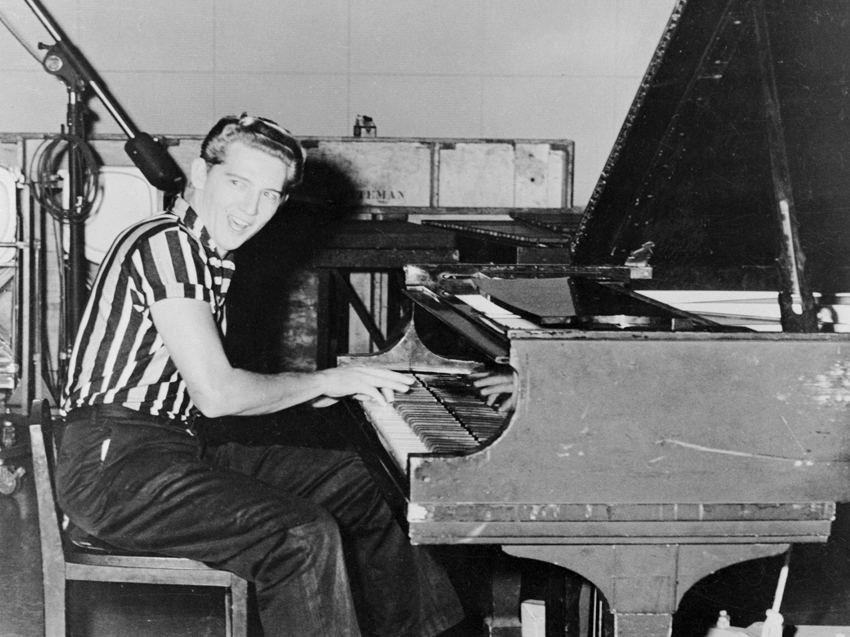
Trim The Fat
Is your song too long? Could a section benefit from being doubled?
This is where a second opinion can be useful because what you may hear as throwaway, others may consider a vital hook. Shorter isn't always better: Great Balls Of Fire comes in at under 1:50, but Comfortably Numb is 6:20. Both feel perfect for the emotions they're conveying.

Keep Your Trash
No song ideas ever really die - their verses, choruses, middle eights, bridges and lyrics sit on a subs bench waiting with for you to give them another chance.
Don't completely scrap any of all those not-quite riffs or choruses; jot them down in a notebook or, better still, record them. Eventually, you'll build up a collection of "spares" that can be slotted in, transposed and tweaked. They could be the difference between finishing a song or not.
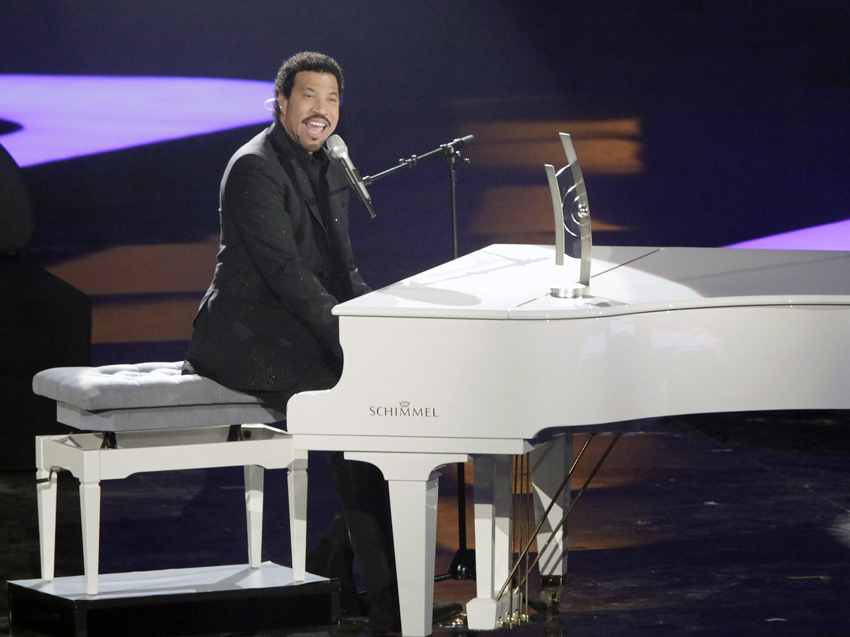
Make Your Middle Eight Great
Try using the middle eight as a release from the main themes of the song, as these corkers have done...
And I Love Her - The Beatles
Hey Ya! - Outkast
The Tracks Of My Tears - Smokey Robinson
On A Plain - Nirvana
Sabbath Bloody Sabbath - Black Sabbath
(Sittin' On) The Dock Of The Bay - Otis Redding and Steve Cropper
Dancing On The Ceiling - Lionel Richie
Summer Of '69 - Bryan Adams
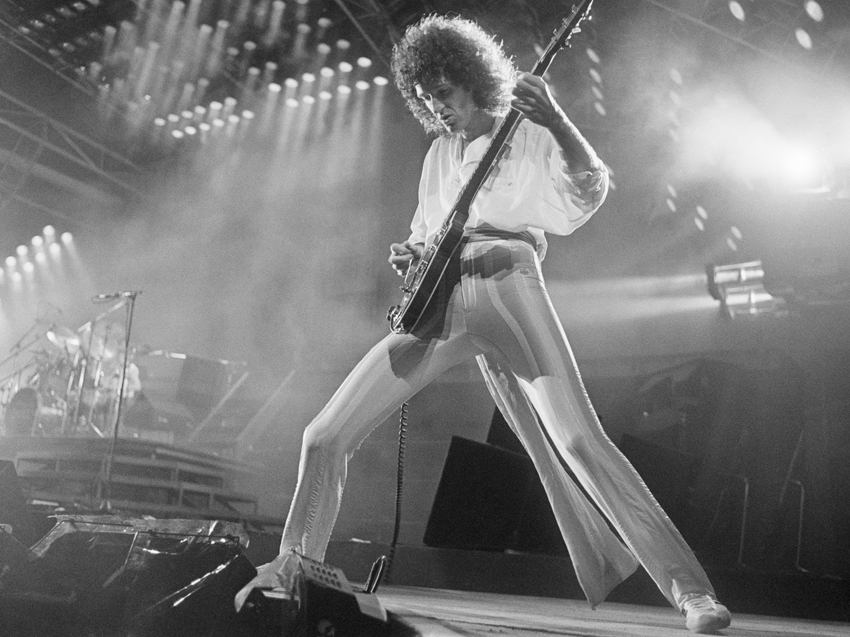
Study The Masters
Stuck with the structure of your song? Then look to the classics for some ideas. "She Loves You" is done and dusted before Brian May has even got going on "Bohemian Rhapsody".
Songs were longer in the 70s! Part of the genius of "Sex On Fire" lies in the rhythmic breakdown underneath the penultimate chorus, which keeps the listener hooked and the arrangement fresh, without deviating from its easily digestible structure

Learn New Chords
There are always new substitutions and voicings to be learned with your favourite chords, but go outside your comfort zone with new chords.
See how those seeds of learning start to sprout in your songs. You can actually chart how The Beatles's chord repertoire grew - such as in the use of dominant 7#9 chords in Till There Was You and Michelle.
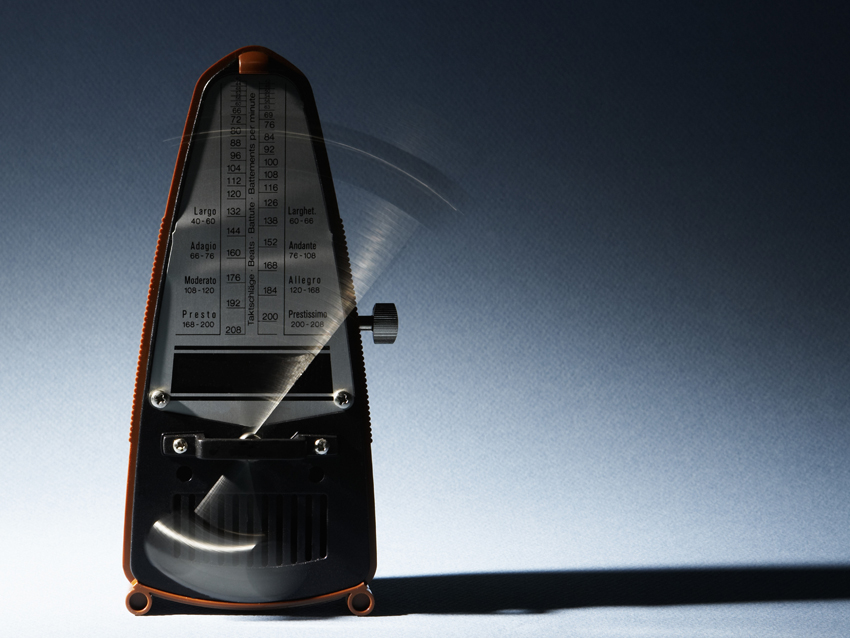
Speed Up Your Chorus
In these days of digital recording, a lot of music is recorded to a click generated by recording software, making fluctuations in groove and tempo less pronounced than they were a few decades ago.
This doesn't mean you can't experiment with tempo, though. When you're playing without a click, it's natural to get faster during energetic sections of music (usually the chorus). So when you come to record, increase the tempo of your click track by 1bpm to 5bpm in choruses to recreate this subliminal musical boost.

Get Exotic With Tunings
Chris Cornell:
"Over the last few years I've been learning Nick Drake songs and there are some pretty subtle tuning changes that create these very specific kind of open auras musically. It's difficult to write in those without sounding like that sprightly, sparkly pastoral Nick Drake thing. But it does help create new ideas in a sense when you're sitting there."

Add a B2nd or a B5th
Powerchords sound solid, steady and, err, powerful thanks to the root note and the 5th being in "perfect" harmony.
You can adapt this safe sounding chord and generate some nastier thrash metal style dissonance by alternating the root note with a b2nd (a semitone higher than the root note). So, for example, with a G5 powerchord you'd end up playing G5/G# (a G5 over a G# root note). Alternate the 5th with a b5th (a semitone lower than the 5th interval) for a variation on the theme.

Turn It Upside Down
For a different take on the basic powerchord shape, try ditching the root note and playing the 5th interval as the lowest note.
You still need to play the root note, but it should be higher pitched than the 5th. This gives you a slightly thinner sound than the three-string voicing, but the benefit is that you can play the shape with just one finger, which makes for easy improvising. Check out Deep Purple's Smoke On The Water and ZZ Top's La Grange for two great examples.
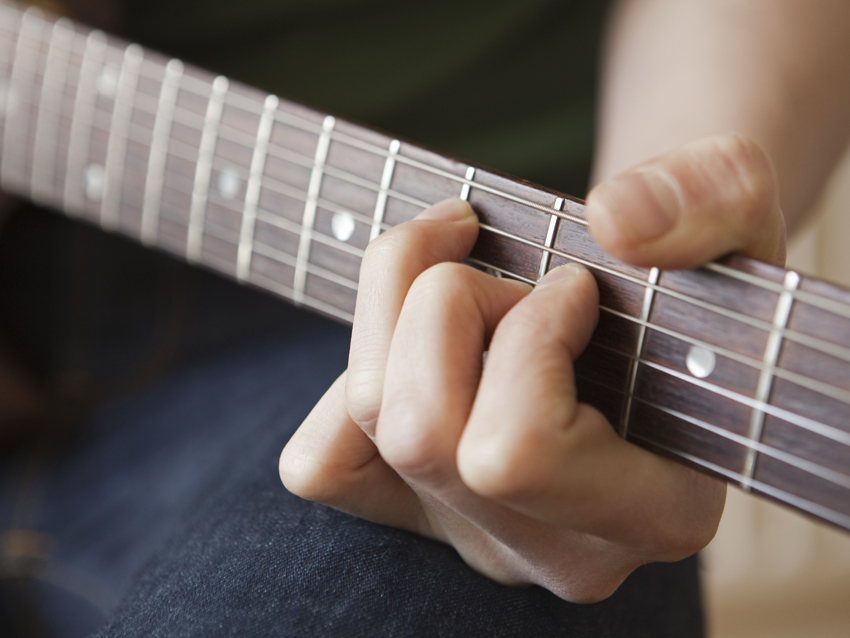
Detune
The rise of djent and prog metal has seen guitarists hitting new lows in terms of the pitch they'
re playing on seven- and eight-string axes. Powerchords played on these guitars sound totally different to a standard tuned six-string. Even if you don't own a guitar with an extra string, there's nothing to stop you down-tuning your six string to B standard (B E A D F# B) for some serious low-end. If you want to go as low as an eight-string, you'll need heavier strings so you can tune to F# B E A C# F#.
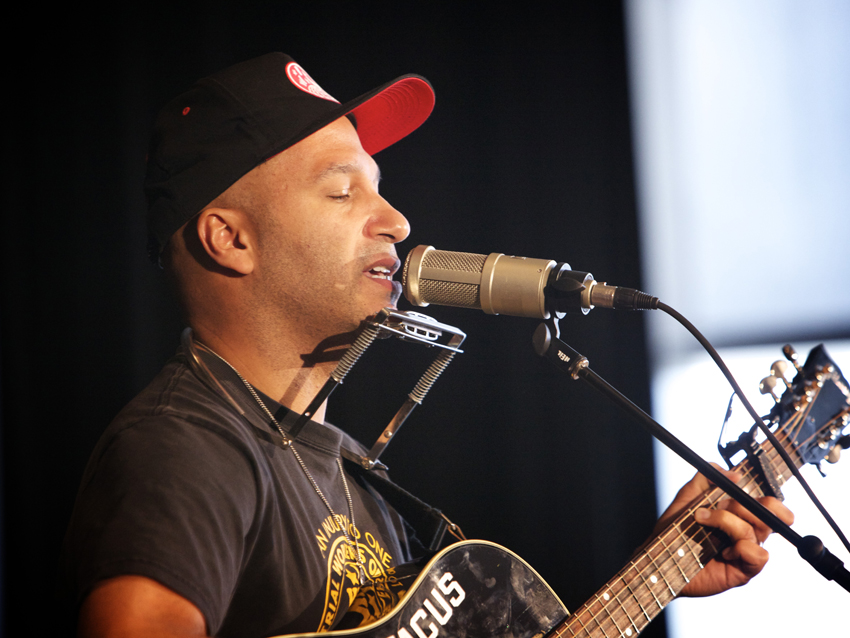
Use A Capo
A capo presents the ideal way to play the same chord shapes in different keys - it's an inexpensive item to add to your songwriting tools.
The further up the fretboard you place your capo, the higher the pitch of the strings. It isn't just a handy method of matching the guitar's key to the vocal for best results; playing in the shimmery realms of a higher pitch can make stale ideas take on a whole new life.

Find The Calm Before The Riff Storm
Tony Iommi:
"I've always looked at it a bit like the calm before the storm. Certainly, on the early Sabbath albums, I'd do a little passage of something and then when the riff comes in it sticks out more. Or in the middle of the song, you go into something acoustically. It just gives a bit of light and shade."
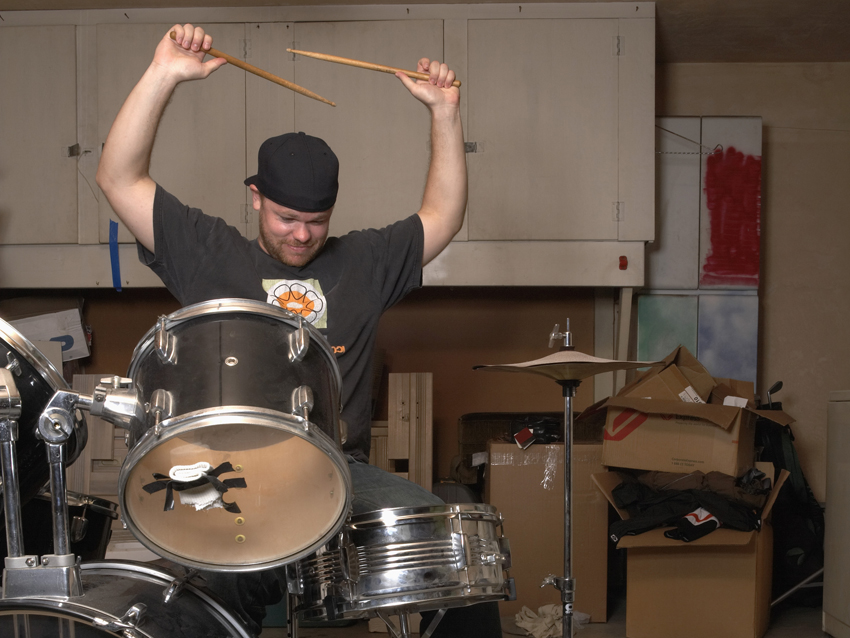
The Half-Time Drop
Long sections of music (such as an extended outro chorus) occasionally need some variation in feel and texture.
Achieve this with a "half-time drop". The idea is that certain instruments drop to half speed. Often the drums perform the drop, but other instruments can follow, too. For example, if you're playing a 16th note rhythm part, try dropping to eighth notes or even quarter notes.

Set the mood
A major key usually sounds bright and happy, while minor keys sound dark and sad, so think about how the key of your song can affect its mood.
The same principle applies with tempo, but don't be afraid to go against "the rules". It might feel unnatural, but try writing a slow happy song or a fast sad song. These opposite moods can spark creative ideas.
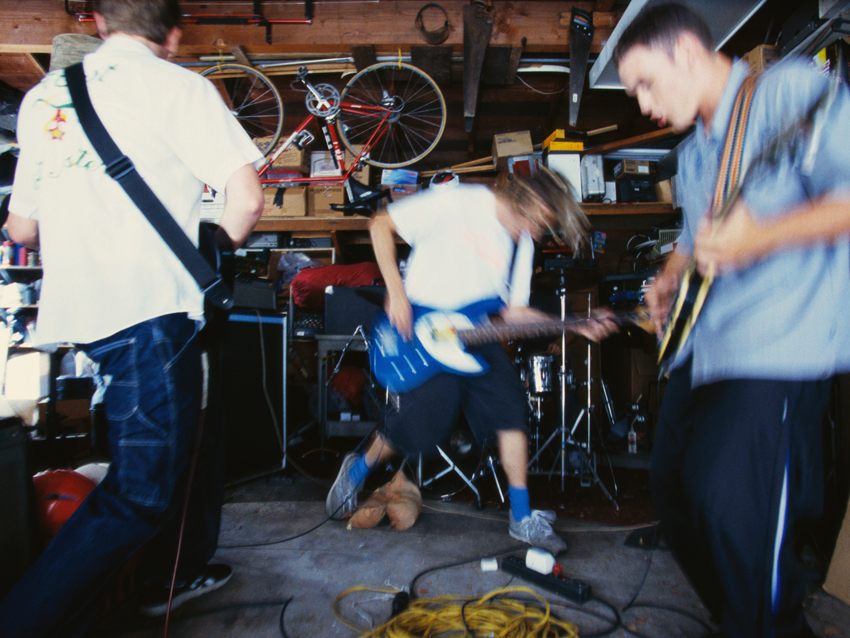
Calling Chords
These shapes might be associated with certain players, but that doesn’t mean you can’t use them!
The Hendrix Chord: E7#9
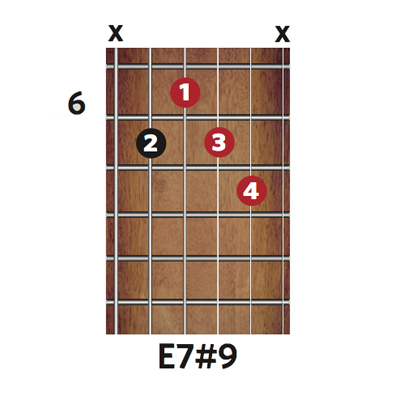
The E7#9 is the Jimi Hendrix chord, as used in Purple Haze, Crosstown Traffic and Foxy Lady. It might bring Jimi's tunes to mind, but 7#9 chords have long been used in jazz and blues.
The "Wonderwall" Chord: Em7
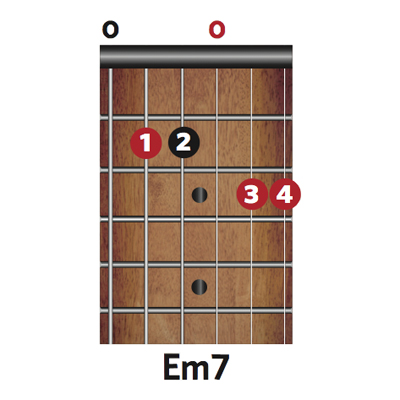
This voicing has been associated with Noel Gallagher since he used it in Wonderwall, but the Em7 shape is a staple in acoustic folk guitar playing.
The Police Chord: Asus2
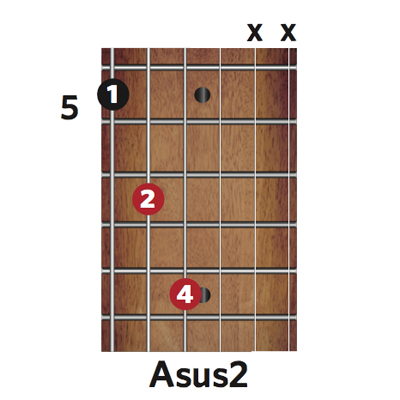
Andy Summers played this shape (sometimes as an add9 or minor add9 shape) in The Police's Message In A Bottle. It's more common now (try playing it in drop D tuning for an easier finger pattern), especially as a post- rock variation on grungy powerchords.
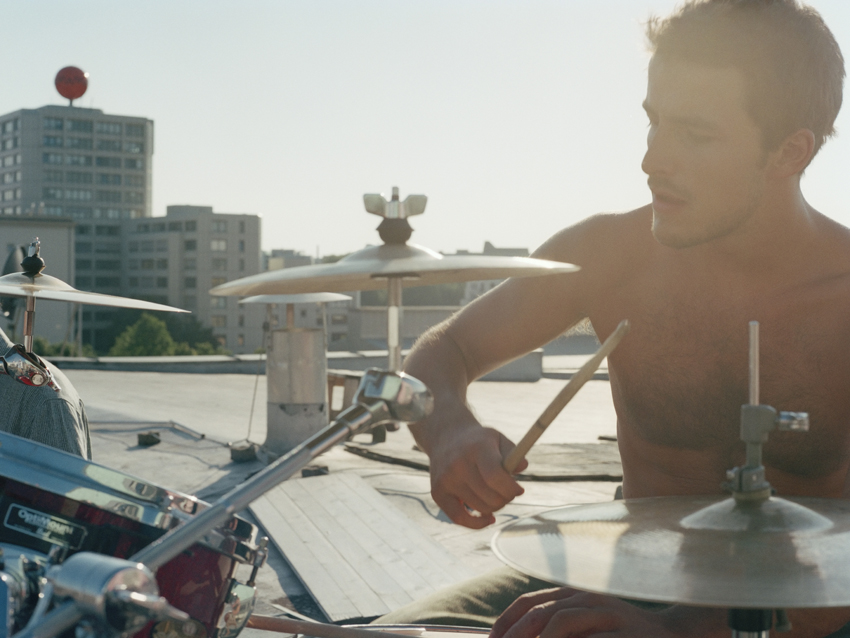
Play Other Instruments
Playing bass, learning the basics of programming drum tracks, adding keyboard overdubs... it all adds up to give you insight as a songwriter, not just a guitarist.
Knowing how much other instruments can elevate parts and how to get the best out them will benefit the bigger picture of your song.
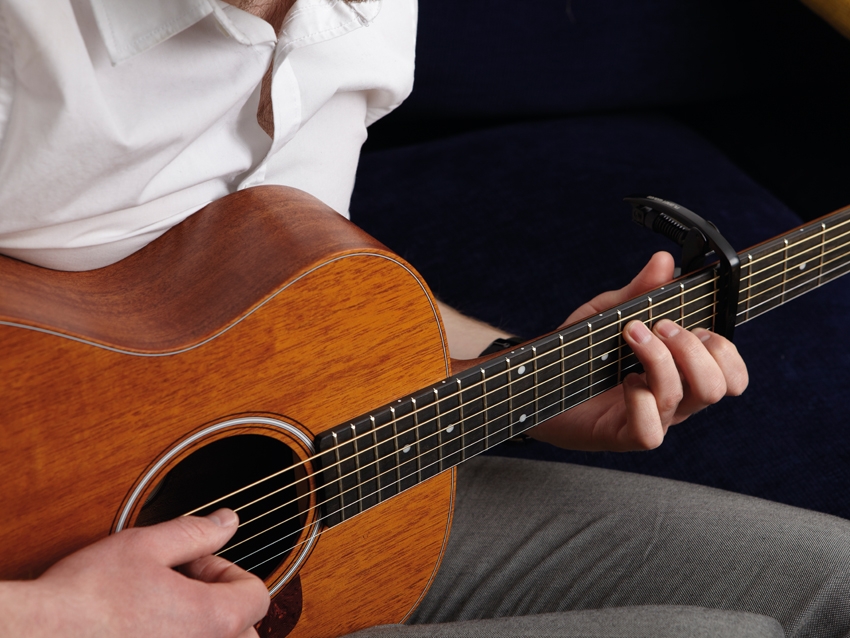
Listen To New Music
Probably the greatest motivation to create your own music is hearing what other musicians have created. Soak it up - find new music on Spotify, go watch the bands you love and local bands you've never heard before.
A great chorus, a tone, a goosebump-raising emotion - every little detail and big impression you take in when hearing a new song can end up sparking your own songwriting and finding a different way to approach your guitar.
Total Guitar is Europe's best-selling guitar magazine.
Every month we feature interviews with the biggest names and hottest new acts in guitar land, plus Guest Lessons from the stars.
Finally, our Rocked & Rated section is the place to go for reviews, round-ups and help setting up your guitars and gear.
Subscribe: http://bit.ly/totalguitar
